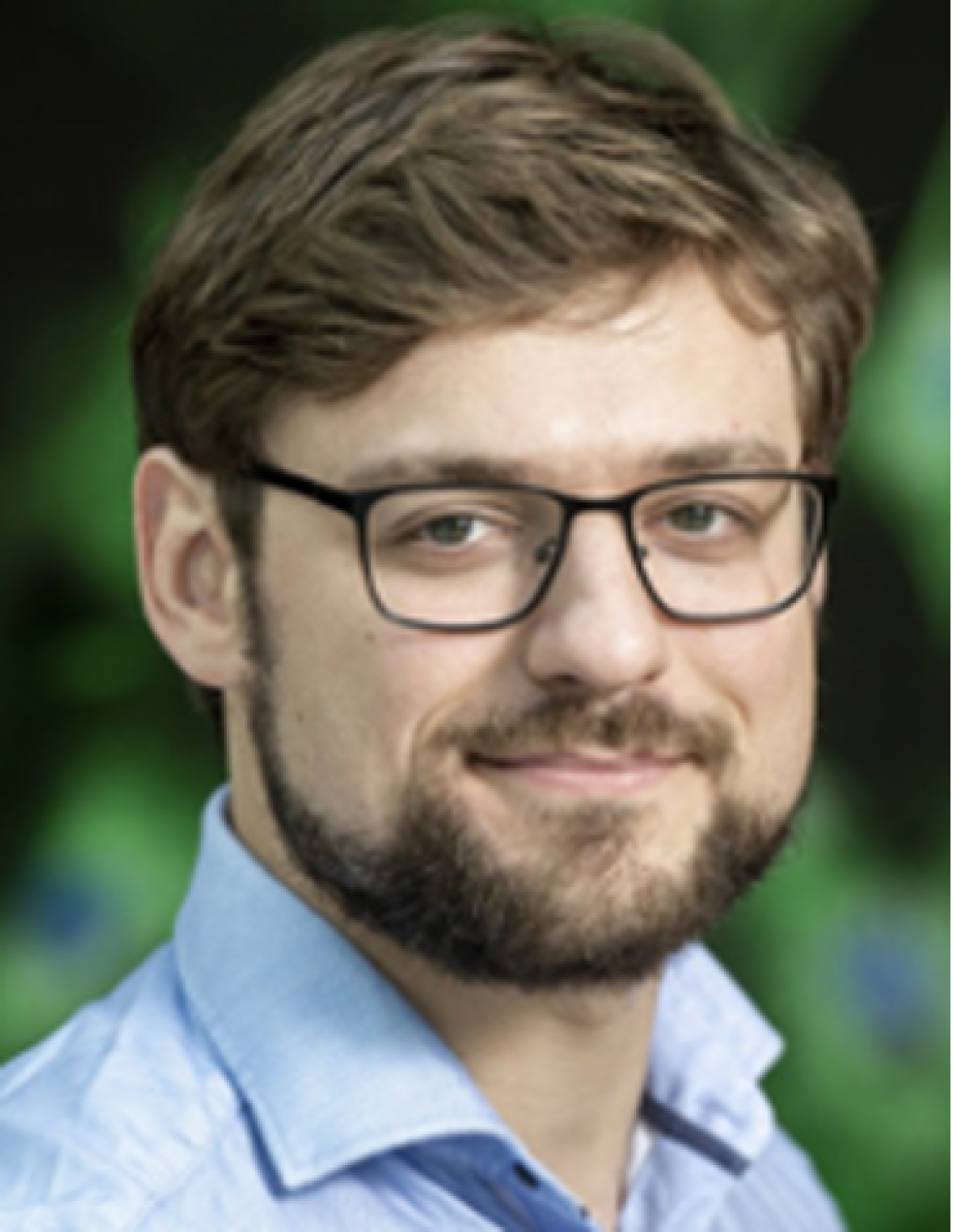“In search of Earth’s siblings,” Sebastiaan Haffert wins prestigious New Horizons Prize

The New Horizons prize honors Sebastiaan Haffert’s work in adaptive optics—much of which happened during his time at Steward Observatory.
‘The Oscars of the natural sciences’, is what they are called: the Breakthrough Prizes awarded annually in America by the Breakthrough Foundation. These include the New Horizons prizes for early-stage researchers. Sebastiaan Haffert, former Steward Observatory researcher at U of A, is this year's winner.
Sebastiaan Haffert worked at Steward Observatory from 2019 to 2024 on adaptive optics development for the Magellan Adaptive Optics eXtreme (MagAO-X) instrument and for technology development for the Giant Magellan Telescope. During this time, he developed new sensors, algorithms and post-processing techniques for the largest telescopes on Earth to improve the performance of the instruments—techniques, said Haffert, “to search for Earth’s siblings.” There are many technical challenges to this kind of work, “the main one being the twinkling of stars caused by Earth's atmosphere,” said Haffert. “I use a technique called adaptive optics - a method where we adjust our lenses thousands of times a second - to remove the twinkle from the stars.”
The New Horizons prize honors this work in adaptive optics, much of which was accomplished during Haffert’s time at U of A.
'Thanks to AI we can do things that were not possible before'
Haffert shares the prize in astronomy with Rebecca Jensen-Clem and Maaike van Kooten. They share a cash prize of $100,000. Haffert develops new sensors, algorithms and post-processing algorithms for adaptive optical instruments. 'Our field is advancing rapidly thanks to the increase in computing power over the past decade, which allows us to use artificial intelligence to optimally control our instruments. We can now do things that were not possible before.'
And there is no end in sight. Haffert now works as a staff member at Leiden Observatory, together with a large team of international collaborators, applying this knowledge in search of life on other planets. “I am honored that the work I have done so far has been awarded the New Horizons in Physics prize, but I think the most interesting discoveries are still to come.'
Breakthrough prizes in life sciences, fundamental physics and mathematics
Breakthrough prizes are awarded annually for the most important breakthroughs in life sciences, fundamental physics and mathematics. The foundation that awards the prizes was founded by Russian physicist, businessman and billionaire Yuri Milner.

